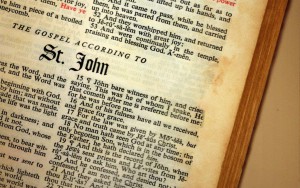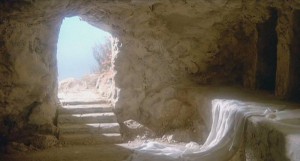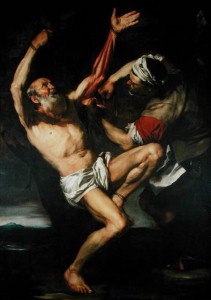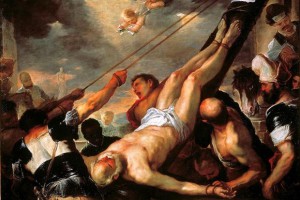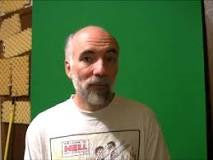
Earl Doherty
“Do I Need to Worship” featuring the Mustard Seed Soul Band from the albums “Heart and Soul” and “His Story” recorded and produced by Ross Gill.
I sent “The Case for Christ” written from a Christian perspective by Lee Strobel to Alan, an atheist friend who in return sent me “Challenging the Verdict “ written from an atheist perspective. In last week’s blog I briefly reviewed The “Case for Christ” and this week I look at “Challenging the Verdict.”
The author, Earl Doherty states that he has a BA degree in Ancient History and Classical Languages. He has also written “The Jesus Puzzle” and “Jesus Neither God nor Man “both of which deny, not only that Christ was resurrected, but also that He ever existed. Doherty runs a website promoting atheist doctrine and postulates that the stories of Jesus are not historical but are based on myth and legend. He writes articulately refuting all the claims of Strobel by using a court room format in which he imaginarily cross -examines the theologians that Strobel questioned in his investigation into Christ’s Resurrection. Strobel, to my knowledge has not responded with counter arguments but there are on- line articles which have, for example http://answers.org/atheism/appealdenied.html
Doherty makes many thought provoking claims, but for me none are persuasive; my main thought has been why is this man spending all his time attempting to deny what has been written in the Bible- what are his motives? I found the answers in his concluding chapter.
First Doherty believes that Christianity has been, and still is detrimental to humanity rather than beneficial. He cites Christianity and rival faiths as causing divisions between people, families, societies and nations which lead to inquisitions, witch hunts and religious wars. I would argue that there have been many bad things perpetrated in the name of religion, including of course wars, but would personally place that firmly at the feet of man’s inhumanity to man and not try to shift the blame to God.
Another belief of Doherty is that faith draws the focus of attention and energy away from the present world of day to day existence to a dimension which he regards is likely to be fantasy ; one In which the real world gets neglected, disparaged and distorted- one populated with concepts which can only be detrimental to humanity’s enlightenment. Belief in angels and devils and personal saviour gods he says “Have never produced one iota of real human progress.” He seems to believe that God did not create us but that we have created Him.
Doherty continues by stating that if the attainment of personal immortality is the goal then we may be grasping at that which is irrational as nothing in the observable universe suggests that such a goal is possible. Furthermore if something of significance is possible then the route to its discovery must lie in a fuller comprehension of our observable universe. To that I would quote Jesus who, when speaking to Thomas, said “Because you have seen me you have believed but blessed are those who have not seen and yet believe.” Interesting that I have also just read in “The Word for Today” that when we believe that reality is confined to what we can see we become trapped into thinking the only truth is what we see …. reality extends beyond what we can see.”
Before leaving this subject of “Was Jesus really raised from the dead” I wish to consider how the lives of countless people have been changed by Jesus. Next week I will use one such life as an example – mine!



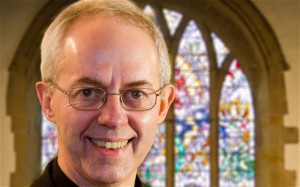
![IMG_2446[1]](http://www.risen.org.uk/wp-content/uploads/2015/07/IMG_24461-e1438254068536-225x300.jpg)
![IMG_2445[1]](http://www.risen.org.uk/wp-content/uploads/2015/07/IMG_24451-e1438254087812-225x300.jpg)

